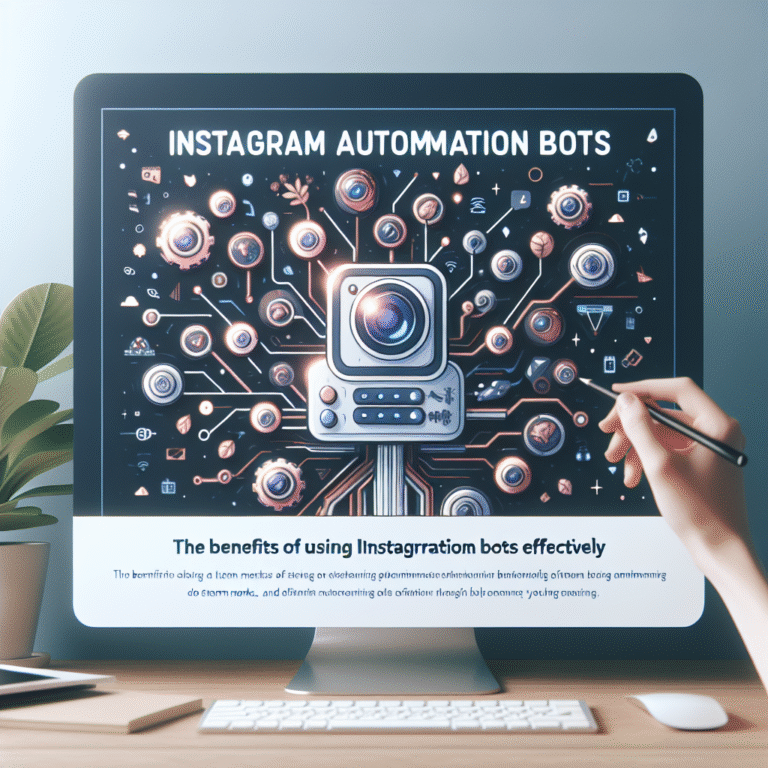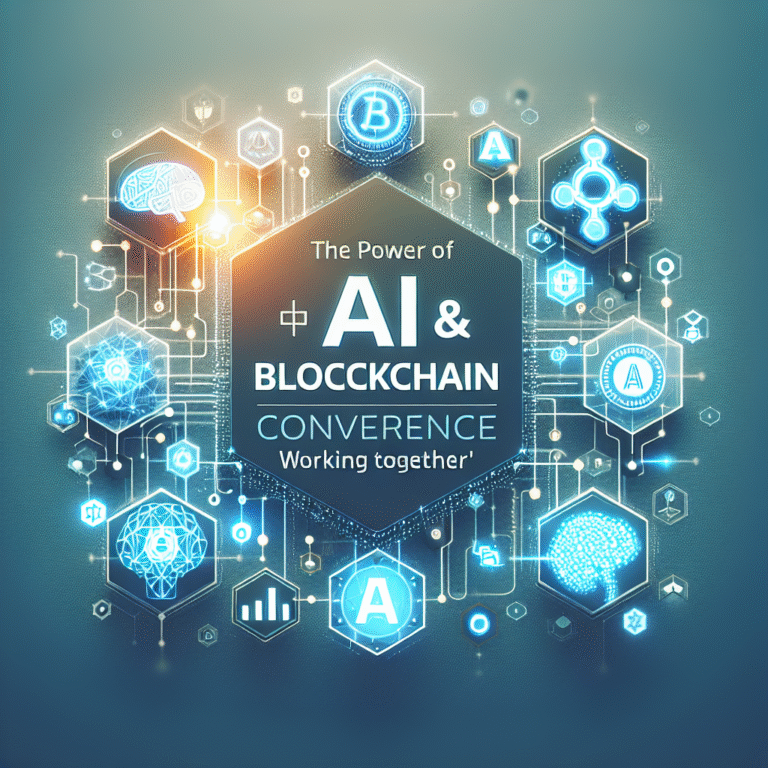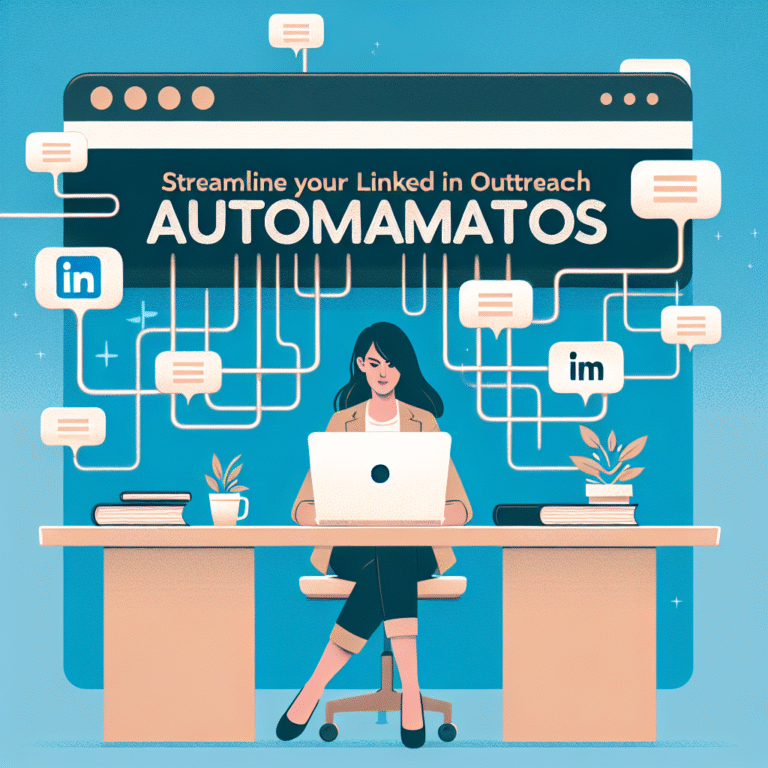AI vs Traditional Software Development: The Future Unveiled
The landscape of software development is evolving rapidly, and the advent of artificial intelligence (AI) is reshaping how we approach this critical field. In this article, we will explore the differences between AI-driven development and traditional software development, examining their advantages and disadvantages, as well as the future implications of their coexistence.
Introduction
Software development has long been characterized by systematic methodologies and human ingenuity. Traditional approaches involve a series of steps: requirements gathering, design, coding, testing, and maintenance. However, with the rise of AI, developers now have new tools at their disposal that promise to enhance productivity, reduce errors, and ultimately lead to better software.
Understanding Traditional Software Development
Traditional software development relies heavily on human intelligence and experience. The process often includes:
- Manual Coding: Developers write code by hand, using programming languages like Java, Python, and C++.
- Agile Methodologies: Many teams employ agile frameworks, promoting iterative development and collaboration.
- Quality Assurance: Testing is a crucial stage, ensuring that the software meets predefined requirements.
- Maintenance: Ongoing support and updates are essential to address user feedback and fix bugs.
The Rise of AI in Software Development
AI technologies are entering software development at an unprecedented pace. Here are some key AI-driven approaches:
- Automated Code Generation: AI can generate code snippets based on natural language descriptions, saving developers time.
- Predictive Analytics: AI tools can analyze historical data to predict project timelines and resource needs.
- Intelligent Testing: AI can automate testing processes, identifying bugs and performance issues more effectively.
- Enhanced User Experience: AI can personalize software based on user behavior, improving overall satisfaction.
Comparing AI and Traditional Development
Both AI-driven and traditional software development have distinct characteristics.
| Feature | AI Development | Traditional Development |
|---|---|---|
| Speed | Faster due to automation | Slower, reliant on manual processes |
| Cost | Potentially lower long-term costs | Higher initial costs due to labor |
| Quality | Consistent quality through intelligent testing | Quality varies based on developer skill |
| Flexibility | Highly adaptable to changes | Less flexible once development begins |
Advantages of AI in Software Development
AI brings numerous advantages to the software development process:
- Increased Efficiency: By automating repetitive tasks, AI allows developers to focus on more complex aspects of software design.
- Better Decision Making: AI can analyze vast amounts of data to provide insights that inform development decisions.
- Enhanced Collaboration: AI tools can streamline communication among team members, fostering collaboration.
Challenges and Limitations of AI
Despite its many benefits, AI in software development is not without challenges:
- Skill Gaps: There is a shortage of professionals skilled in AI technologies, which can hinder implementation.
- Data Privacy Concerns: AI systems require vast amounts of data, raising questions about privacy and security.
- Over-reliance on Automation: Excessive dependence on AI could lead to a decline in essential coding skills among developers.
The Future of Software Development
The future of software development will likely see a hybrid model, where AI complements traditional methods rather than replacing them. Here are some predictions:
- Increased Integration: AI tools will become integral to the development process, assisting developers in various tasks.
- Emphasis on Human Oversight: While AI will handle routine tasks, human creativity and problem-solving will remain crucial.
- Continuous Learning: Developers will need to adapt and learn new skills to work alongside AI technologies.
Conclusion
The integration of AI into software development is not merely a trend; it represents a fundamental shift in how software is created and maintained. As AI technologies continue to evolve, they will provide developers with powerful tools that enhance productivity and improve software quality. However, it is essential to approach this integration with caution, ensuring that human creativity and oversight remain at the forefront of the development process.
FAQ
1. What is the main difference between AI and traditional software development?
AI development leverages automation and intelligent algorithms to enhance coding and testing processes, while traditional development relies mostly on manual coding and human decision-making.
2. Can AI replace software developers?
While AI can automate certain tasks, it cannot replace software developers entirely. Human creativity and problem-solving skills are essential in software development.
3. How does AI improve software testing?
AI can automate testing processes, quickly identify bugs, and analyze performance metrics, leading to improved software quality.
4. What skills will developers need in an AI-driven future?
Developers will need to become familiar with AI tools and technologies, as well as adapt their skills to work in conjunction with AI systems.




